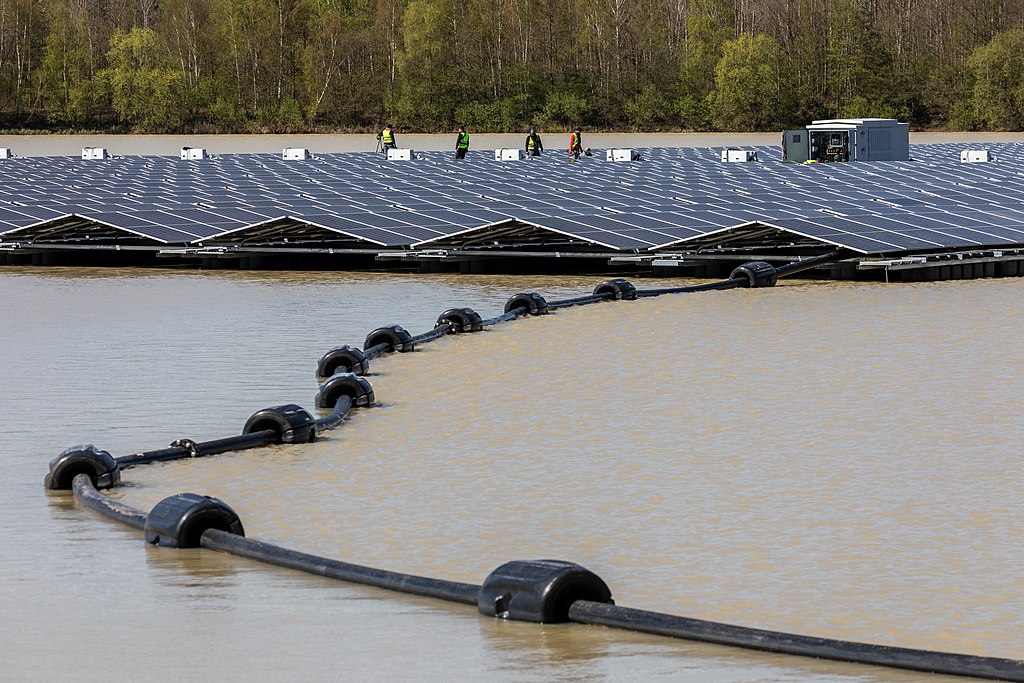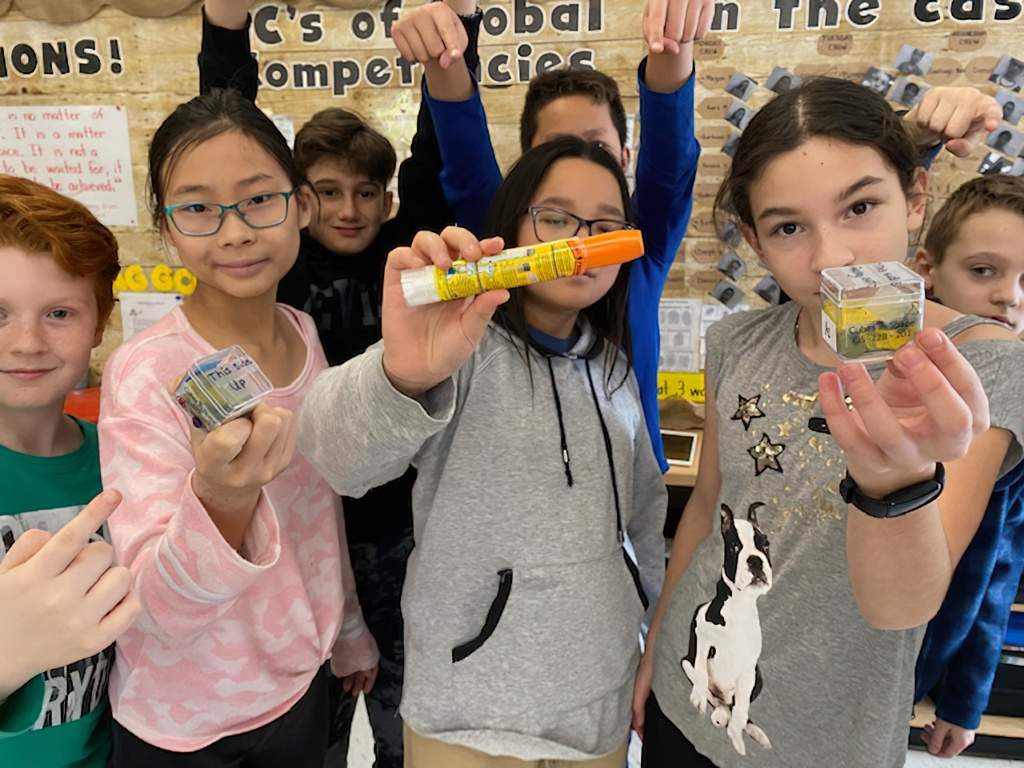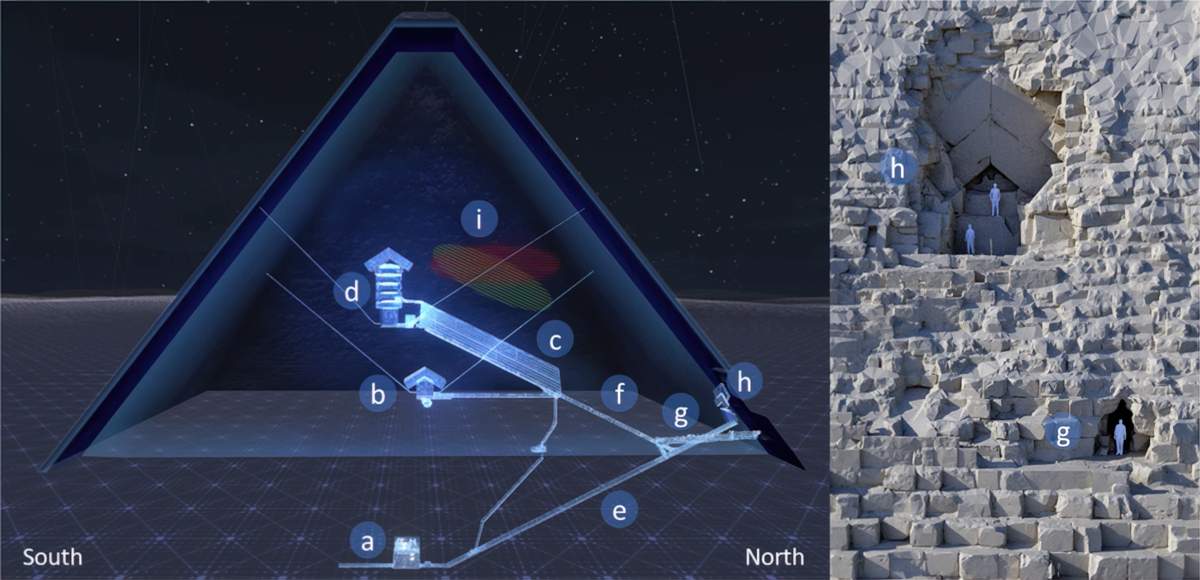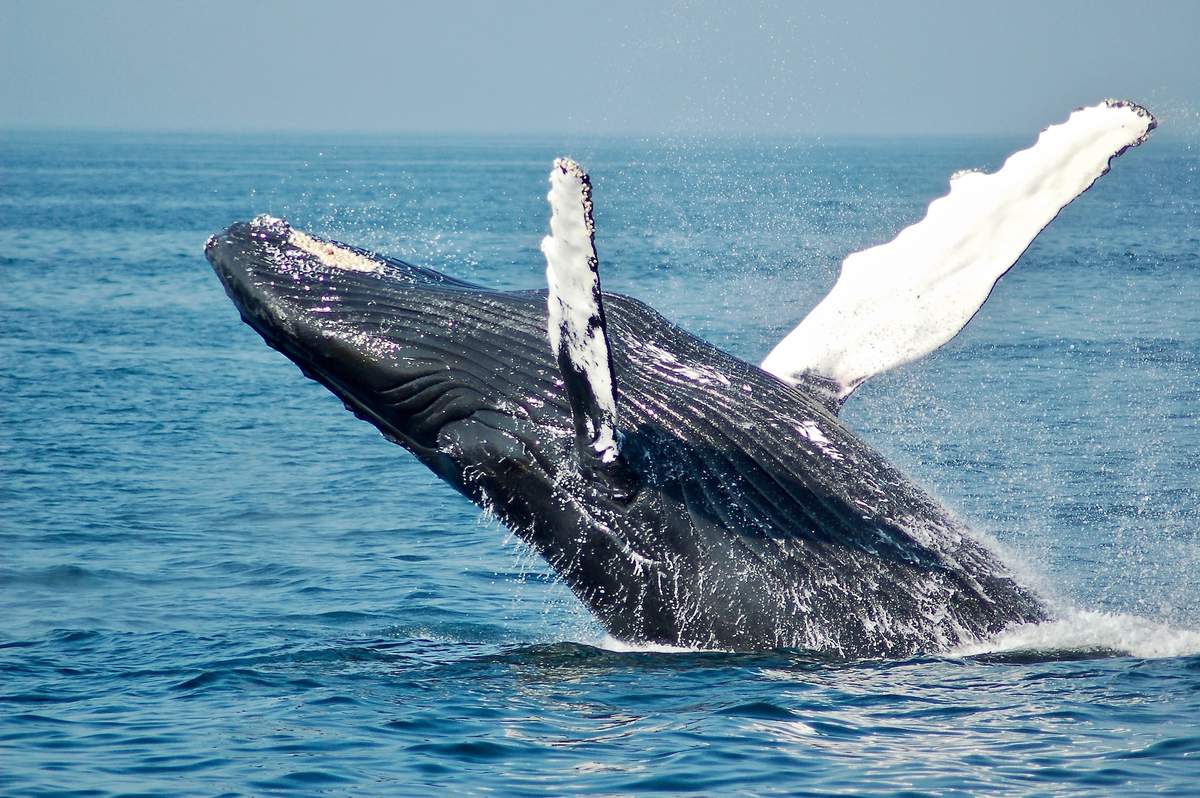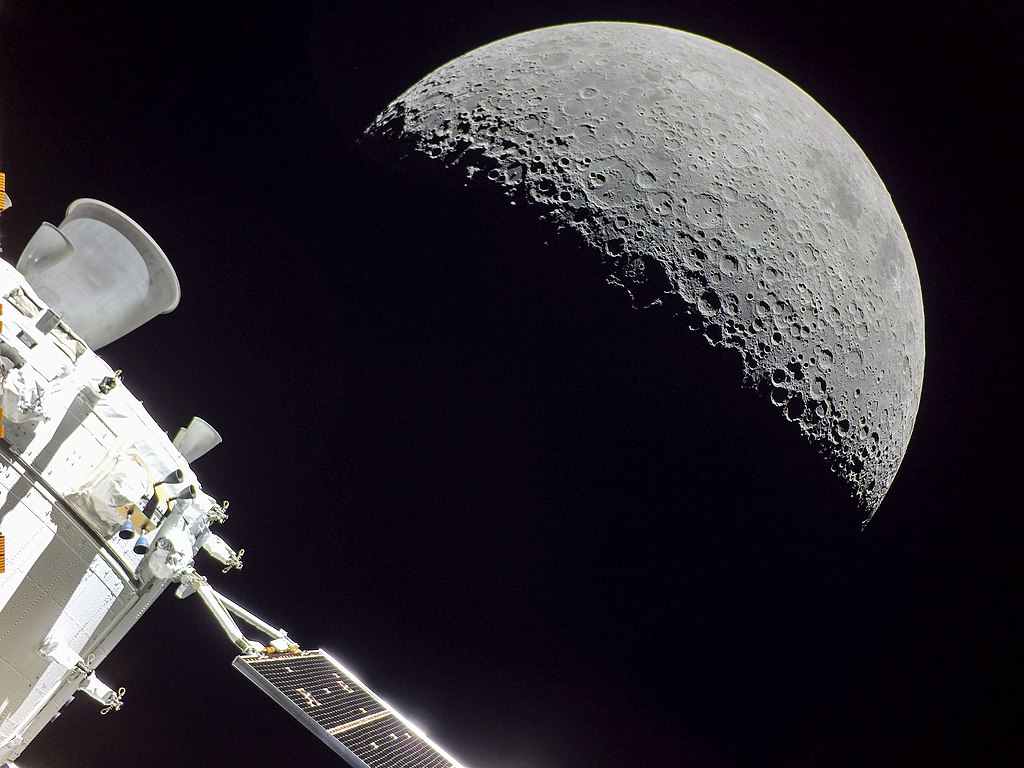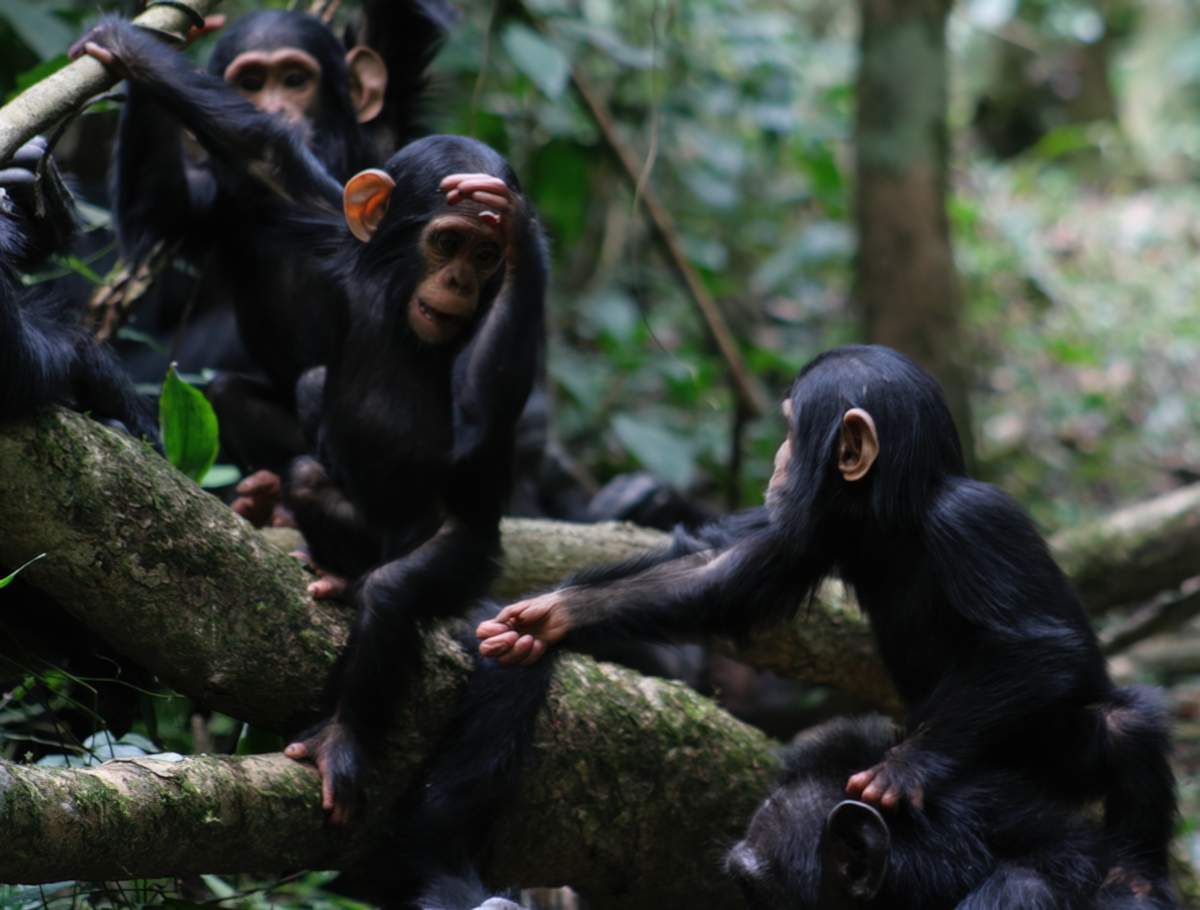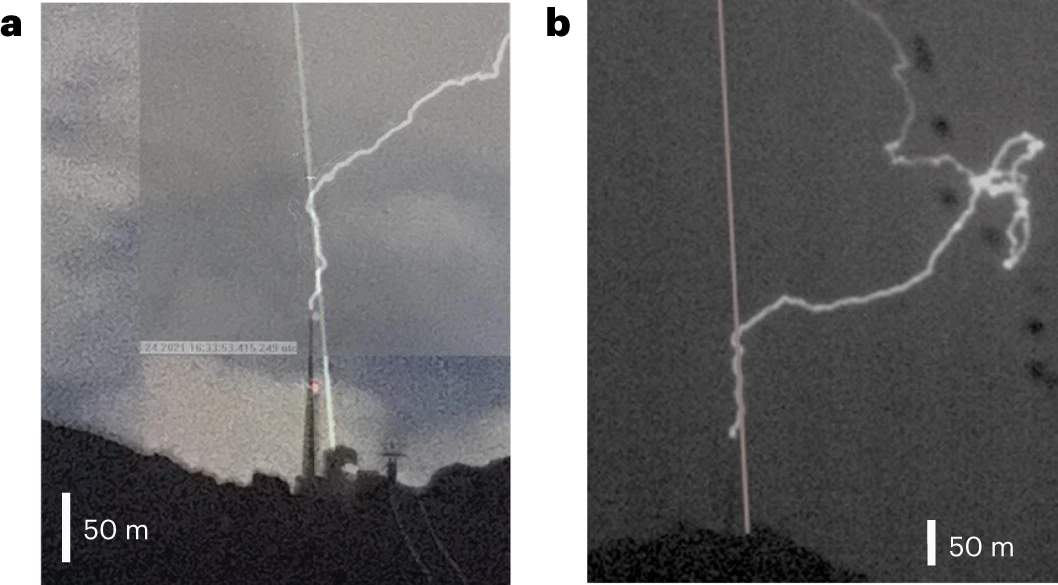Artificial Intelligence tools have become extremely powerful, surprising even their creators. Now, some people say there should be a pause in AI work to make sure it doesn't become dangerous. Not everyone agrees.
Published in “Science”
Scientists have found that floating solar panels could provide a huge amount of electricity if they were placed on lakes and other bodies of water around the world. Floating solar panels could also help save water and protect land.
Governments worldwide are making special rules to limit the popular social media app TikTok. The governments have safety concerns about TikTok because it's owned by a Chinese company. But many people think banning TikTok may not be the best answer.
A school science project by a group of students in Canada has led to an important discovery: EpiPens, which help control dangerous allergic reactions, might not work in space.
On Monday, a United Nations climate group released a major new report on climate change. The report explains that the climate crisis has become even more serious, and that massive climate action must be taken before 2030 to avoid the worst effects of the crisis.
Scientists have used clever methods to discover a hidden corridor (hallway) inside the Great Pyramid of Giza in Egypt. The 30-foot (9-meter) long corridor could lead to new discoveries about the pyramid.
On Monday, US President Joe Biden approved a huge new oil drilling project in Alaska. The move has pleased some people in Alaska. But it has upset many others, who say the project will hurt the environment and slow the fight against climate change.
On Saturday, after 10 years of difficult talks, nearly 200 countries agreed to a new United Nations treaty to protect the world's oceans. The treaty is the first of its kind in 40 years.
The European Space Agency is working with NASA to create a shared time system for the moon. The new system will be needed as more and more missions to the moon are planned.
Scientists have shown that humans appear to have an ability to understand the signs of apes. The result is a little surprising, since most people haven't spent much time at all with apes.
Scientists in Switzerland have used lasers to change the path of a lightning strike. The experiment suggests that in the future, lasers might be useful for protecting large buildings from lightning.


